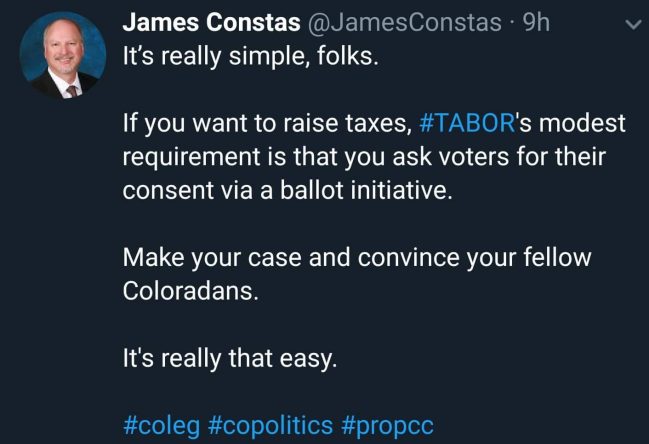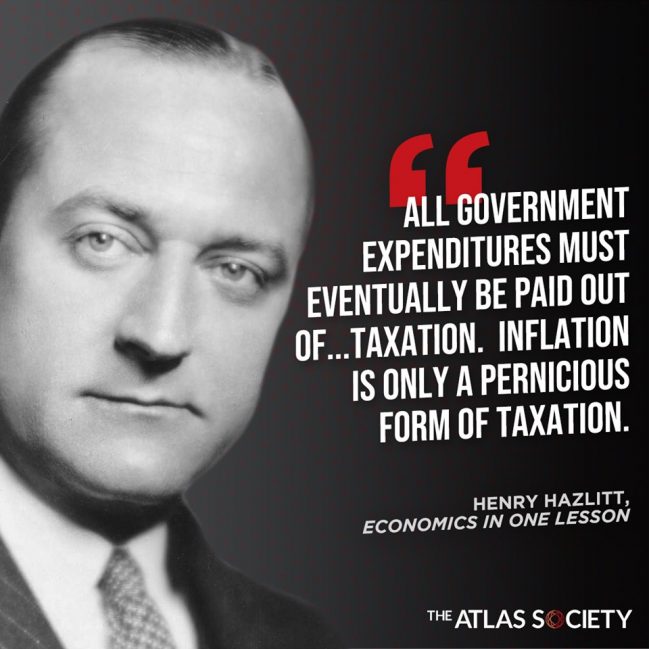
#TABOR
#ItsYourMoneyNotTheirs
#ThankGodForTABOR
#VoteNo
#CoLeg

#TABOR
#ItsYourMoneyNotTheirs
#ThankGodForTABOR
#VoteNo
#CoLeg
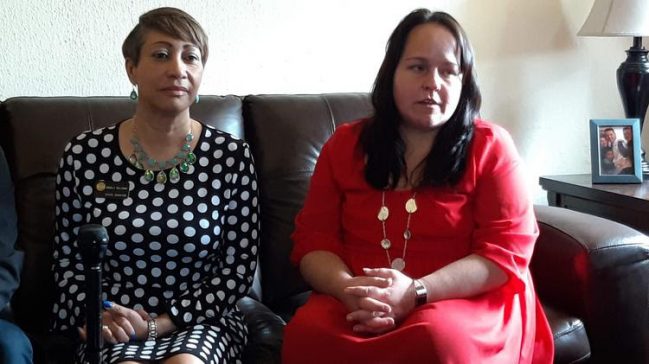
Colorado state Sens. Angela Williams and Faith Winter speak to the media the day after they turned their bill creating a paid-family-leave program into several studies of how to implement such a program in 2019.
ED SEALOVER | DENVER BUSINESS JOURNAL
By Ed Sealover
Reporter, Denver Business Journal
Feb 6, 2020, 10:18am EST
Before Democratic legislative leaders even have introduced the latest version of a bill to create a paid-family-and-medical-leave system for all private-sector workers in Colorado, they are being met with a host of concerns from the business groups to whom the compromise bill was supposed to appeal — as well as a lukewarm reaction from the advocates who have backed their efforts over the past six years.
Democratic Sens. Faith Winter of Westminster and Angela Williams of Denver confirmed in interviews Tuesday that they are about to introduce a new bill that would require employers to give workers with at least six months of service access to eight weeks of partially paid leave in the event of a new child, a severe health episode for themselves or a loved one, a need to escape domestic violence or a requirement to deal with the call-up to active military duty of a family member. Like past iterations, it involves job protection for workers who take leave, but it adds a new twist this year of having the leave offered through a private-market system in which the state lays out requirements for employers and companies then fund the program themselves or buy insurance policies to cover potential costs.
Last month, Denver Metro Chamber of Commerce President/CEO Kelly Broughcalled strongly at her organization’s annual Legislative Preview Breakfast for legislators to follow the suggestion of Democratic Gov. Jared Polis and offer a private-market solution that incorporates flexibility for companies that already offer paid-leave programs. Brough said Wednesday that she is pleased with that aspect of the bill and believes it will allow companies to meet the needs of workers better, but she said the proposal still has several provisions that worry her.
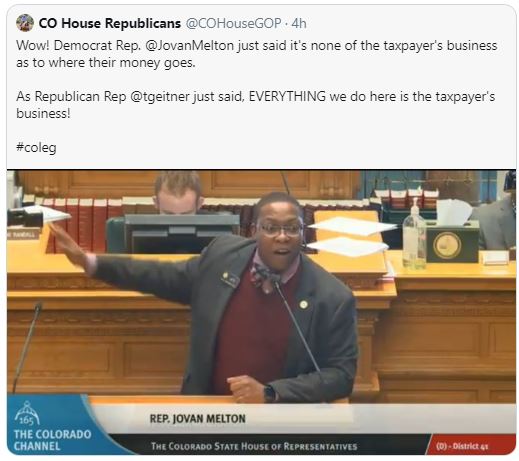
State lawmakers consider reforms in 2020 that would limit the growth of government.
GETTY
Americans are frequently told – by members of the media, candidates, and others – that political division is heightened in this consequential election year. Members of Congress, however, have reached bipartisan agreement that the federal government should spend more money than it brings in, even when the economy is growing and unemployment is low. Fiscal profligacy carries the day in Washington, yet lawmakers in state capitals are taking action to ensure that state spending and the size of government grows at a sustainable clip.
A member of the Wyoming Legislature, Representative Chuck Gray (R), introduced a joint resolution last week that seeks to limit the growth of the state budget and require voter consent for the approval of future tax increases. House Joint Resolution 2, introduced by Representative Gray on February 7, would amend the state constitution to include a “Taxpayer’s Bill of Rights” that would do two things: limit state spending to the rate of population growth plus inflation, and require all state tax hikes receive voter approval.
Representative Gray’s bill is inspired by Colorado’s Taxpayer’s Bill of Rights (TABOR). Like the TABOR measure now pending in the Wyoming statehouse, Colorado’s TABOR, which has been the law since it was approved by Colorado voters in 1992, requires that all state tax hikes receive approval from Colorado voters. Colorado’s TABOR also caps the increase in state spending at the rate of population growth plus inflation.
Colorado’s TABOR is the reason why Democrats who control the Colorado Legislature and would like to impose a host of tax increases are unable to do so. In November of 2019, Colorado voters affirmed their support for TABOR by rejecting Proposition CC, a measure referred to the ballot by legislative Democrats that would’ve gutted TABOR by ending the taxpayer refunds due in accordance with it.
#TABOR
#ItsYourMoneyNotTheirs
#ThankGodForTABOR
#VoteNo
#CoLeg
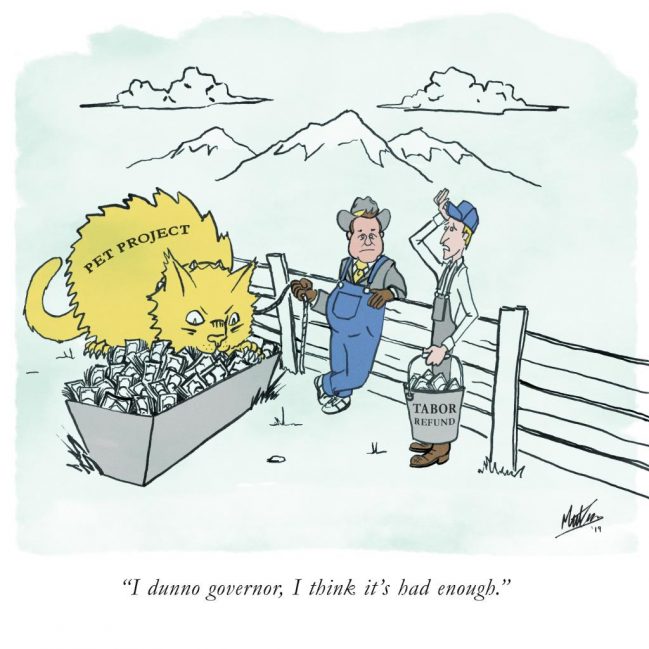
![]() If
If
November 26, 2019
Jared Walczak
Last week, a New York Times reporter reached out to ask if I had heard that the village of Amelia, Ohio was dissolving over a tax increase. Facing an unpopular new tax, voters went to the polls and just… abolished their local government.
I wasn’t aware of the drama bubbling up in Amelia (or in nearby Newtonsville, also dissolving over a new tax), but I wasn’t surprised, either. As the resulting Times article notes, at least 130 municipalities dissolved between 2000 and 2011, without, presumably, seeing the communities descend into anarchy. The loss of Amelia and Newtonsville brings the count of recently dissolved Ohio municipalities to 14. So what’s going on, and what do taxes have to do with it?
In most of the country, the governmental hierarchy is relatively straightforward: states are divided into counties, and those counties contain some range of municipalities—cities, towns, villages, boroughs, townships, hamlets, and the like. But, especially outside more densely populated regions, you can also find vast tracts of unincorporated land, where no (or limited) municipal government exists below the county level. Here, core services like police, fire, and emergency services, along with road maintenance and other government functions, are provided by the county or even the state, while more municipal-oriented services—water and sewer or waste management, for instance—are either privately provided or non-existent.
The #coleg is discussing the possibility of raising the #gastax. Luckily, our Taxpayer’s Bill of Rights makes you the decisionmaker, not politicians.

A bill that sponsors say would add revenue to funding for Colorado’s roads and bridges without raising taxes was shelved by Democrats in a Senate committee hearing on Wednesday.
Senate Bill 044 was postponed indefinitely by the Democratic-controlled State, Veterans, & Military Affairs Committee on Wednesday.
The bill would allocate 10 percent of revenue from sales and use taxes on vehicles toward the state’s highway users tax fund and local governments. That revenue would be moved from the general fund under the legislation.
A fiscal note for the bill says it would transfer $366.3 million in fiscal 2021 from the general fund to the highway users tax fund, and $380.7 million in the following year.
Let us decipher Matt Gray’s comments (…”we need new revenue to go along with it.”)
with our 6-word analysis:
“We’re going to raise your taxes”
#TABOR
#ItsYourMoneyNotTheirs
#ThankGodForTABOR
#FixTheDamnRoads
#CoLeg
Don’t believe us? Ask one.
Colorado voters love saying no to giving up more of their money to fix traffic and roads.
Don’t believe us? Look at the state’s history on ballot issues for roads.
Republican lawmakers want to continue using general fund money — the money that the state already collects and spends.
“This building keeps saying to the people of Colorado, ‘give us more money,’ and the people of Colorado are saying, ‘show me you’re going to spend the money we’re already given you on the things we care about, like roads and bridges,'” said Sen. Paul Lundeen, R-Monument.
Lundeen proposed a bill that would have brought back an old Colorado law that used existing money the state already collected.
